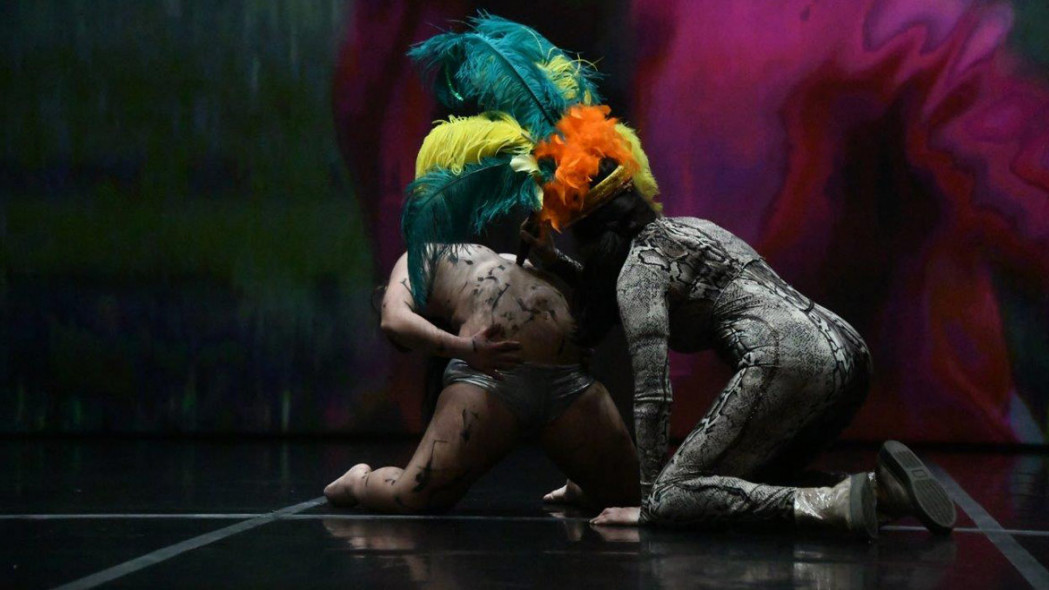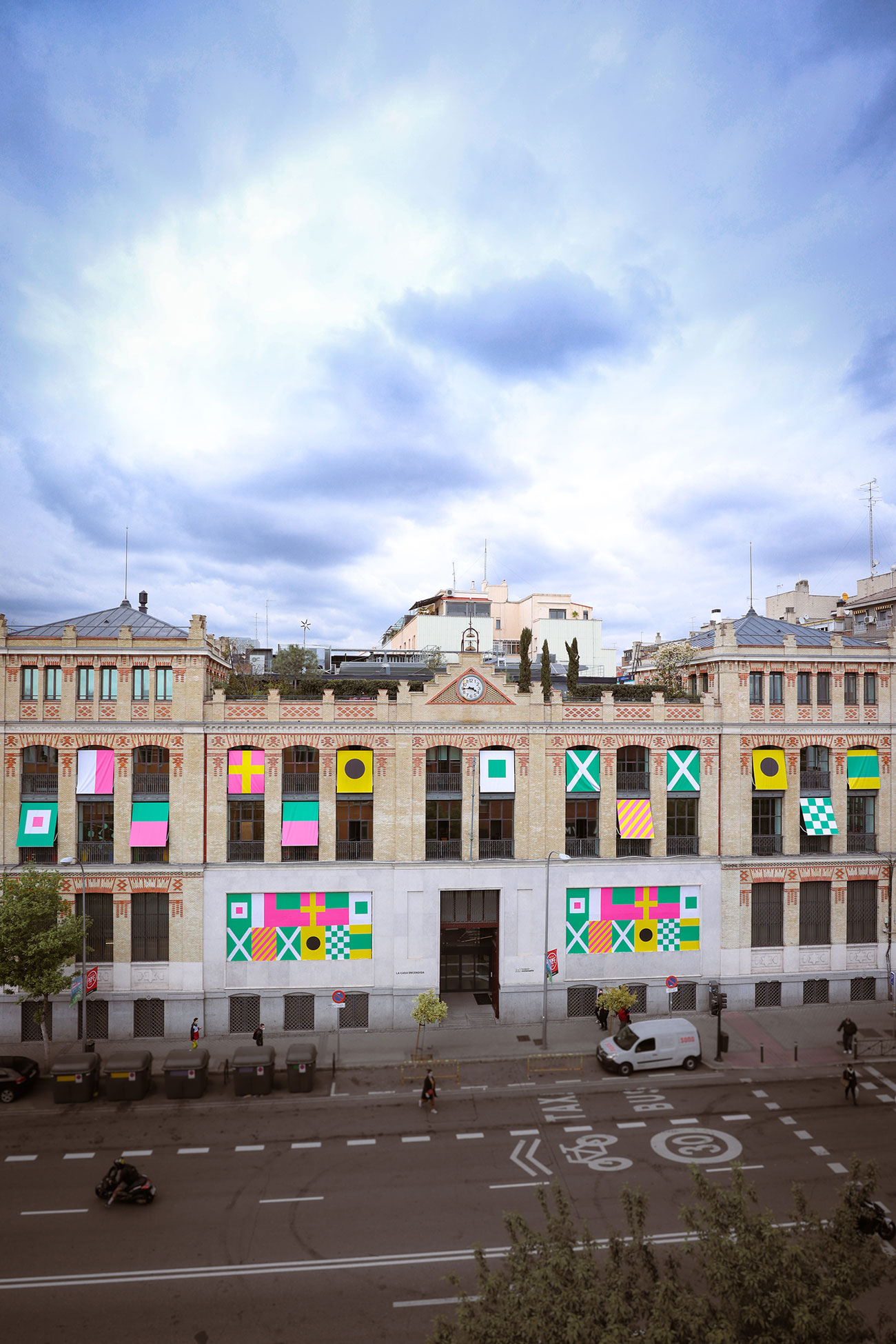IDEM 2018. International Performing Arts Festival

The sixth edition of IDEM will be held from 12 to 22 September. This year’s event will offer different artistic proposals that revolve around diversity (of languages, formats, disciplines, bodies, themes, etc.), maintaining a two-week-long open dialogue with citizens that will help to create new ways of seeing, thinking and feeling.
Since its doors first opened, La Casa Encendida has been deeply committed to visibilising diversity and removing barriers through its activities. For ten years, the Performing Arts and Disabilities Festival supported the expansion and professionalisation of artists and creators with functional diversity. The evolution of society and the demands of an increasingly sensitive, discerning and engaged audience made it necessary to incorporate new nuances and embrace new disciplines and other spheres of social exclusion, and so IDEM, the International Performing Arts Festival, was born.
IDEM is a magnetic field with spreading, intersecting lines of force that operates beyond the realm of mere spectacle. This year’s programme is a convergence of artists from Argentina, Cuba, Spain, France, Portugal, Syria and Switzerland with very different proposals that delve deep into various realities, some painful, some laced with humour and hope, but all important to highlight: mental illness, refugees, disability, memory and gender equality.
The festival opens with the Spanish premiere of the latest piece by La Ribot, Happy Island, produced in collaboration with the Portuguese inclusive dance company Dançando com a Diferença, a dance and film performance featuring five professional dancers with physical and mental disabilities.
Artists with disabilities are also present in the dance piece No@menos by Yanel Barbeito and Omar Gómez and in Maxime Huyghe’s film L’artiste des mots starring François Daujon, an actor who spent 13 years working with the French theatre company l’Oiseau-Mouche.
Mental illness is represented at the festival in the documentary directed by Javier Álvaro, ¿Y si te dijeran que puedes?, which draws us into the reality of five people who suffer from schizophrenia and decide to climb the south face of the legendary peak Naranjo de Bulnes accompanied by Spanish mountaineer Sebastián Álvaro, creator of the hit TV show Al filo de lo imposible.
The topic of emigration and refugees is explored from very different perspectives and languages: Sous la plage by artists Marc Villanueva and Gerard Valverde, in collaboration with Syrian performer Mohammad Bitari, questions the discourses and paradoxes that have emerged in connection with popular uprisings in Arab countries and how they apply to the current migration crisis; and in Anguilas, Andrés Cavallini, an Argentine actor of European descent, takes spectators on an autobiographical journey that proposes a reflection on identity, the quest for roots and two-way emigration.
Two very different proposals, both created and directed by women, offer reflections on the concept of memory and the perspective of the other, as in Louisa Merino’s The Course of Memory, and job insecurity and the actress’s profession, themes explored by the company El Pollo Campero, Comida para Llevar in their incisive production Las actrices siempre mienten.
The youngest, most musical facet of the festival is represented by the voices of the Diversity Youth Choir, an international, inclusive choral ensemble conducted by José María Álvarez Muñoz.
Once again, this year IDEM aspires to make an impact on the community and bring about changes that will lead to a more egalitarian society and the full acceptance of our diversity.
Artistic director: Paz Santa Cecilia
(*) Honouring its inclusive mandate, the festival will continue to offer artistic events for persons with severe functional impairments whose unique way of perceiving the world and expressing themselves makes it impossible to conform to standards of behaviour generally imposed for reasons of accessibility. Starting this year, these special sessions will be called Diver(ses)sion to facilitate their identification in the programme.
-
Programa de ÍDEM 2018 (pdf, 907.31 KB)
Download
